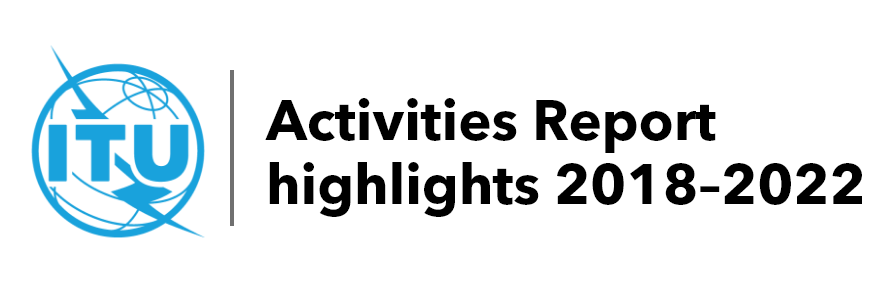Standards are critical to the interoperability of ICTs and whether we exchange voice, video or data messages, standards enable global communications by ensuring that countries’ ICT networks and devices are speaking the same language.

International ICT standards avoid costly market battles over preferred technologies, and for companies from emerging markets, they create a level playing field which provides access to new markets. They are an essential aid to developing countries in building their infrastructure and encouraging economic development, and through economies of scale, they can reduce costs for all: manufacturers, operators and consumers.
ITU’s vital work in standardization takes place in two distinct areas. In telecommunications the work is undertaken by ITU’s Telecommunication Standardization Sector and in radiocommunications the work is undertaken by ITU’s Radiocommunication Sector.
- ITU-T Recommendations define how ICT networks operate and interwork. There are over 4 000 Recommendations in force on topics constitute the fundamental components of today’s ICTs. These include service definition to network architecture and security, broadband DSL to Gbit/s optical transmission systems, machine learning in future networks including IMT-2020, quantum information technology, blockchain, and IP-performance related issues. Although these Recommendations have non-mandatory status unless adopted in national law, the level of compliance is high due to their international applicability and level of quality.
The inclusivity of the ITU standardization platform is supported by ITU’s Bridging the Standardization Gap programme, which facilitates the participation of developing countries in ITU’s standards-making process, disseminates information about existing standards, and assists developing countries in the implementation of standards. Further information is available here: homepages of ITU-T study groups.
